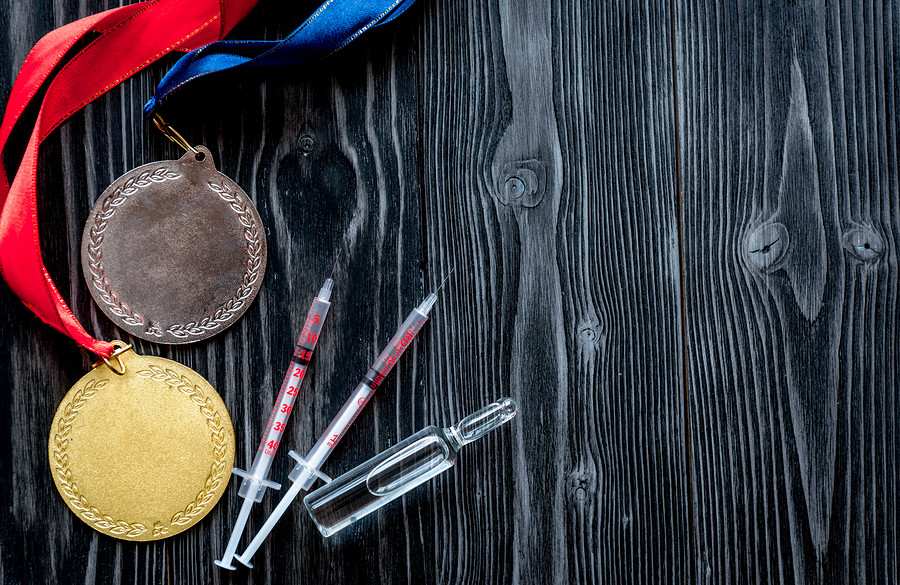World 100 metre champion, Justin Gatlin has landed in the middle of a doping scandal after London Telegraph investigations uncovered the involvement of his team members with performance enhancing drugs.
Members of his support personnel were found to be offering the supply of illicit substances through false prescriptions and smuggling strategies into the US.
Alleged doping scandal
Gatlin’s training camp in Florida is debated to be infiltrated with performance-enhancing drugs. An undercover mission ended with reporters gathering proof of Gatlin’s coach and an athletics agent collaborating to offer human growth hormone and testosterone options through an Austrian doctor.
The agent, coach and athlete involved have been caught discussing the widespread nature of doping throughout athletics and strategies to avoid positive drug test results. The recording clearly signifies the team’s intent to utilize the illegal drugs and their knowledge of evasive procedures.
Gatlin’s possible involvement
In addition, the recording revealed the agent’s assertions that Gatlin has in fact been taking performance-enhancing drugs. The world record holder has vigorously denied the claims, with his legal representatives providing half a decade’s worth of drug test results to prove his legality.
Gatlin has supposedly fired his coach and his agent of 14 years, Renaldo Nehemiah, declared that the athlete was not present during the discussions about banned substances.
Gatlin has previously been banned twice for doping offences, occurring in 2001 and 2006. After the revelations made by London Telegraph, the Athletics Integrity Unit (AIU) and the US Anti-Doping Agency has announced its investigation into the sprinter and his support personnel.
Despite the allegations being unconfirmed, the agencies are eager to fully examine the situation, given the important role of subtle whistleblowers in uncovering illegal drug efforts.
Robert Wagner
When confronted about the recordings, the accused agent Wagner denied mentioning Gatlin’s involvement in any doping efforts, stating that he is not the sprinter’s agent and therefore would not have any information.
In relation to naming a number of high-profile athlete’s that would likely be interested in the drug offers, Wagner argued that he was playing along with the undercover reporters because he knew what was going on.
Doping has presented a significant challenge to the athletics industry for many years, particularly as new designer drugs continue to be produced. Just three years after the systematic doping scandal of Russia, Gatlin’s team’s actions may represent yet another unexpected doping incident for the sporting industry.
While there is currently no evidence confirming the allegations of Gatlin’s performance-enhancing drug use, his connection to the people involved has naturally sparked suspicions amongst authorities. The upcoming investigations will hopefully uncover the truth and continue to assist in ridding the sporting industry of unlawful doping.

